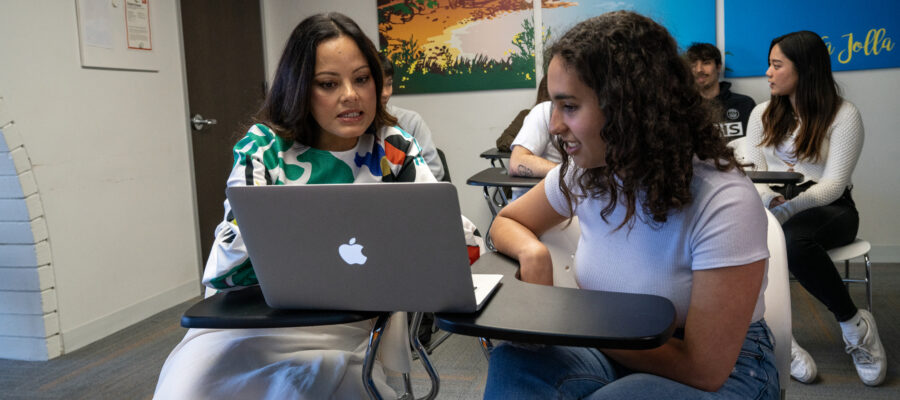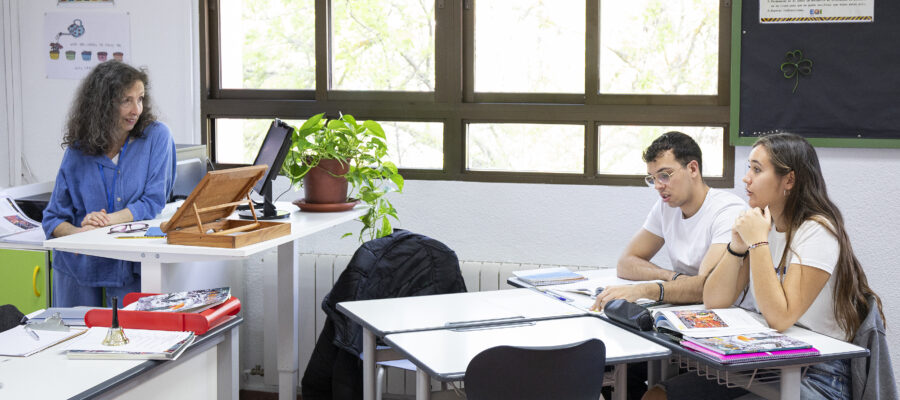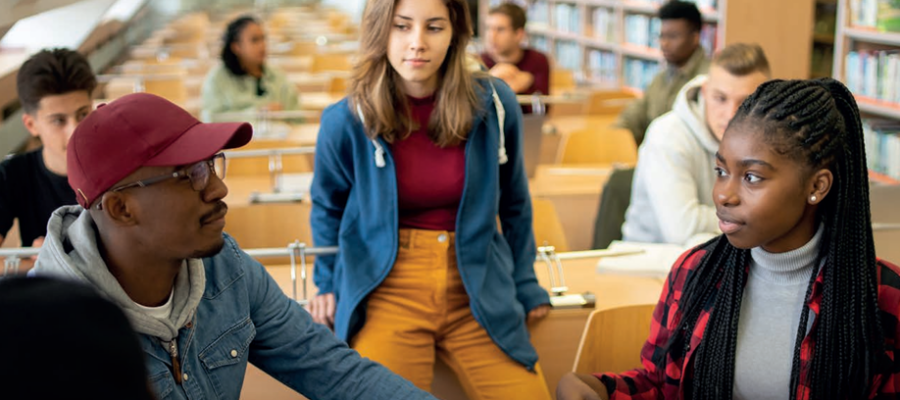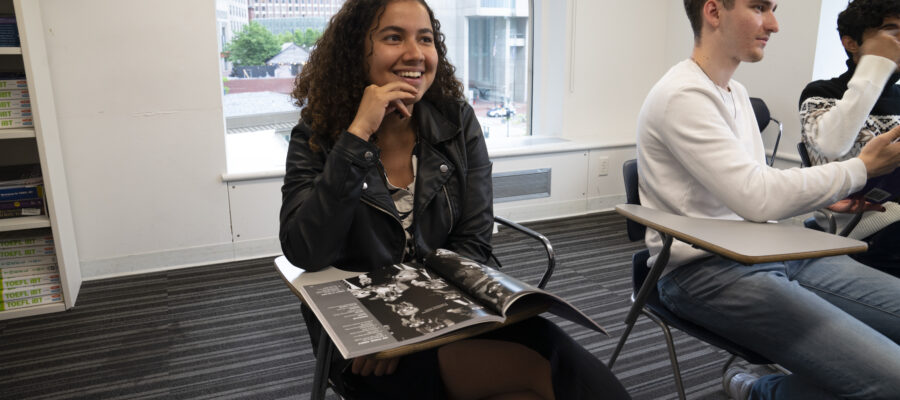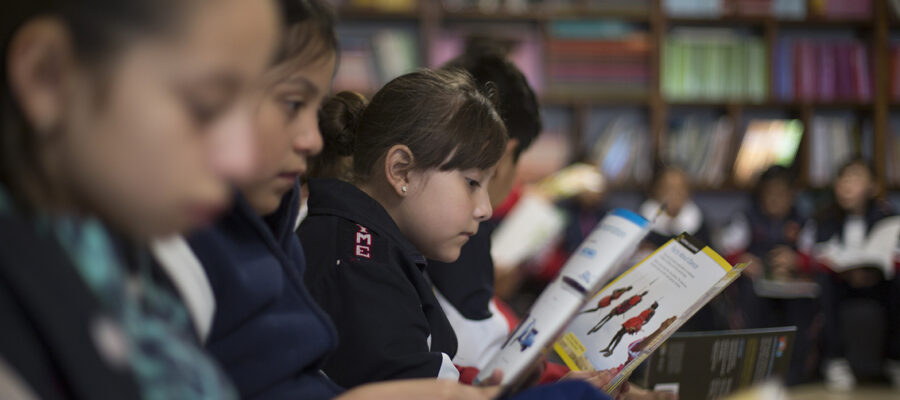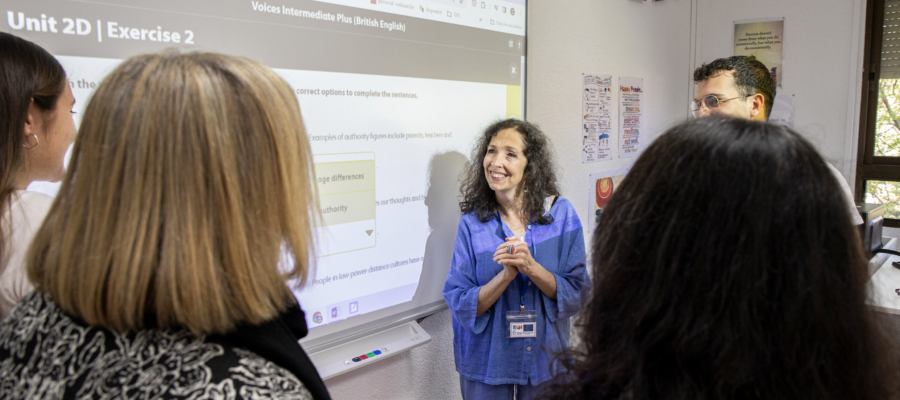In this blog, NGL academic and training development manager Alex Warren looks at how teachers can best incorporate a visible learning philosophy into the English language classroom to empower students to reach their full potential. Before we get going, take a moment to pause and reflect. What do you think
